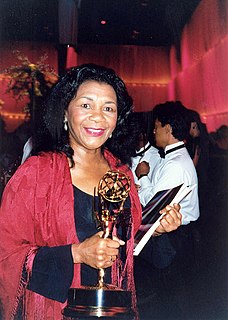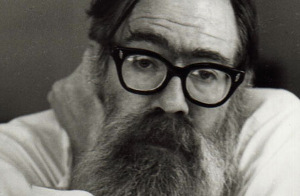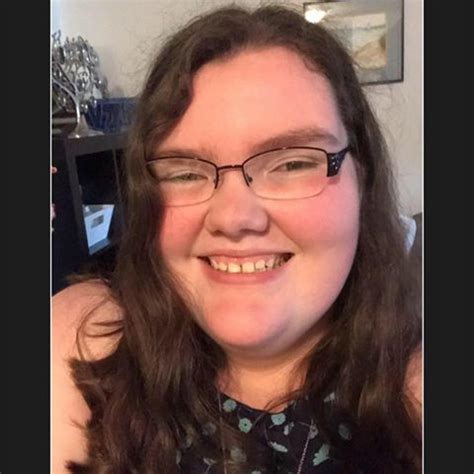A Quote by Lauren Tarshis
Many writers are afraid of writing something bad, so they don't try or give up when their efforts don't lead to a masterpiece right away. If you work at it, you will improve.
Related Quotes
Usually, when you're talking about work with other writers it's because something seriously bad is going on with your work and you've absolutely thrown out a lifeline and you're hoping that someone will help you with something. Either there's some bad feeling you have about the work, or sometimes it's not specific - just kind of solidarity.
There is a prayer intended to give strength to people faced with circumstances they don’t want to accept. The power of the prayer comes from it's insight into human nature. Because so many of us rage against the hand that life has dealt us. Because so many of us are cowardly. And afraid to stand up for what is right. Because so many of us give into despair when faced with an impossible choice. The good news for those who utter these words is that God will hear you and answer your prayer. The bad news is that sometimes the answer is no.
Tips for aspiring writers: don't be afraid of writing rubbish. It's very easy to become hypnotised by an empty page or screen. It's tempting to abandon a half-finished work because you can't make it perfect. I hereby give you permission to write things that aren't perfect, make mistakes, try things that don't work, experiment with styles you're not used to and generally throw words around. You'll learn much faster that way.
Nietzsche's vision of the superman is of someone who's able to control and tame his passions and turn them into something richer than raw emotion and raw feeling. I think the best writing does that too. Untamed passion basically results in bad writing or bad polemics, which so many writers and public intellectuals are vulnerable to.
I'm not a believer in predetermined fates, being rewarded for one's efforts. I'm not a believer in karma. The reason why I try to be a good person is because I think it's the right thing to do. If I commit fewer bad acts there will be fewer bad acts, maybe other people will join in committing fewer bad acts, and in time there will be fewer and fewer of them.
Any sport that lasts six minutes, that's it, you can just imagine how intense it is, only six minutes long.If you try something, if you try a move, if you take a single leg takedown and it doesn't work, you don't give up. You don't give up; you will succeed. I think it's very parallel with the stuff that you have to do in the real world.
If a hungry lion suddenly appeared, you'd be terrified. So terrified you'd probably run away. Great, fear's doing its job. But you might get so afraid that you lock up and can't move. This would be very bad. Guilt's the same. It can prevent you from fixing the situation, make you feel so bad you can't function at 100% and even lead to more guilt-provoking bad behavior.
We're just afraid, period. Our fear is free-floating. We're afraid this isn't the right relationship or we're afraid it is. We're afraid they won't like us or we're afraid they will. We're afraid of failure or we're afraid of success. We're afraid of dying young or we're afraid of growing old. We're more afraid of life than we are of death.
It's something that's difficult to explain but I think all writers work this way to some extent, whether we're aware of it or not. For me, writing has little to do with thinking. I don't want to control the narrative. I listen to the rhythm of the words and dialogue and try to give the characters the space in which to say and do what they want without intervening too much.

































